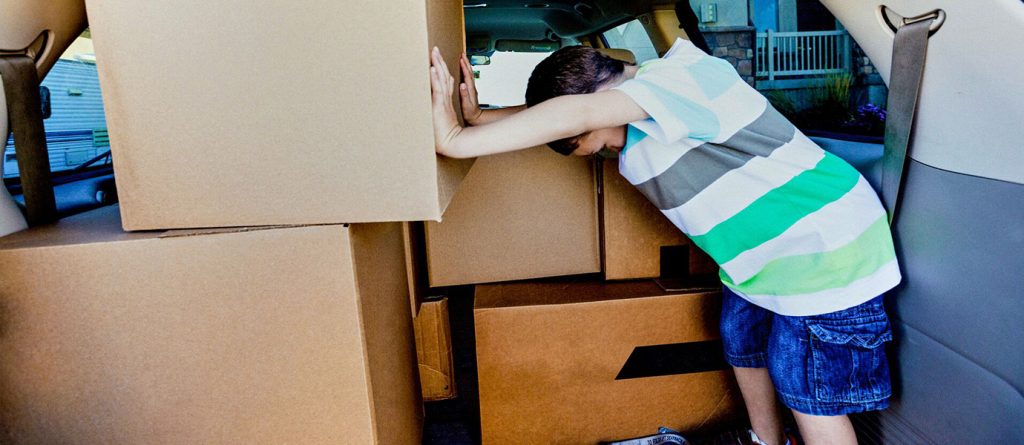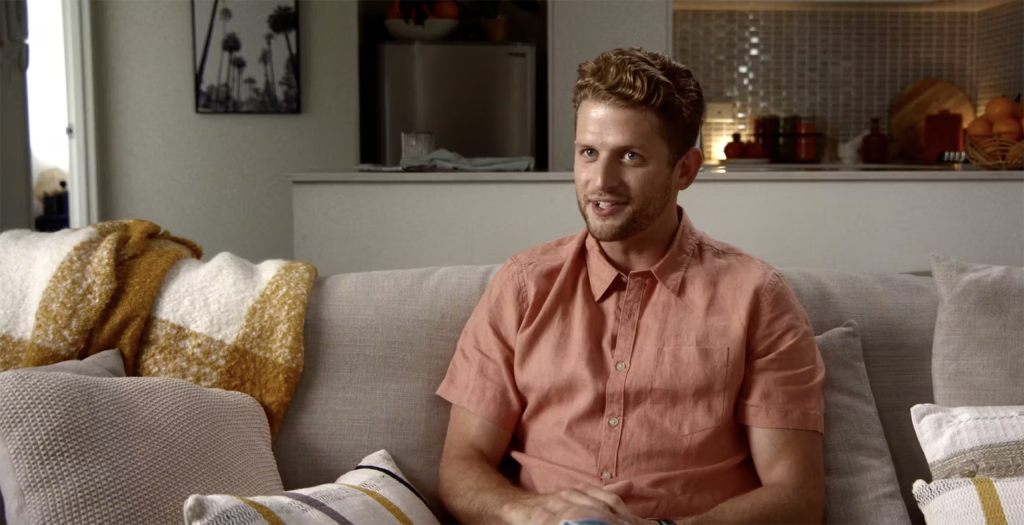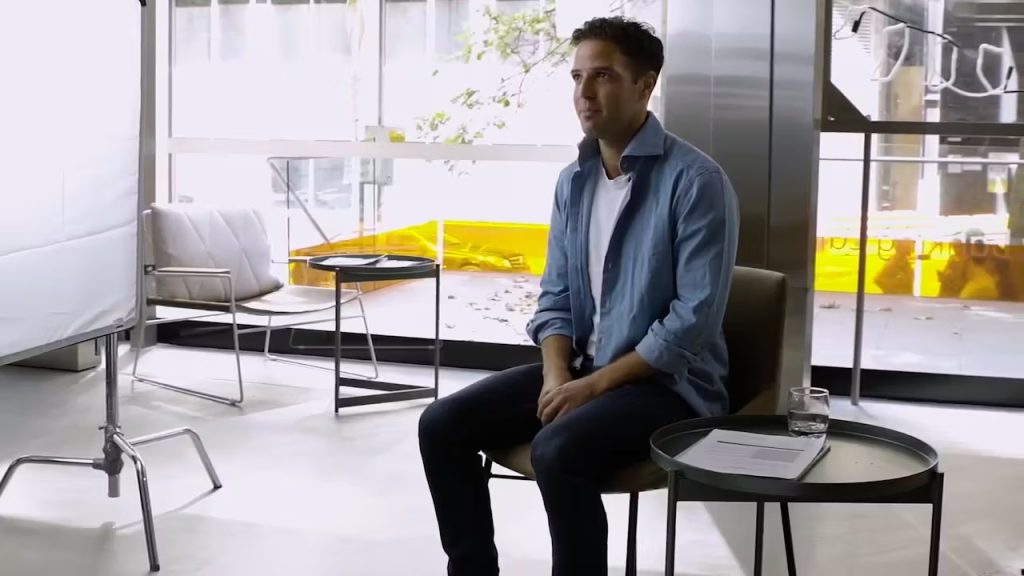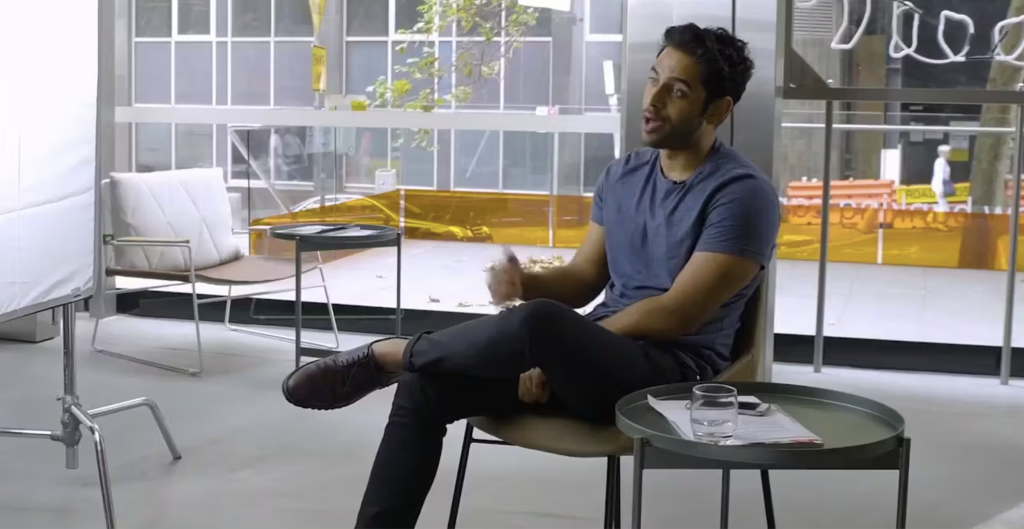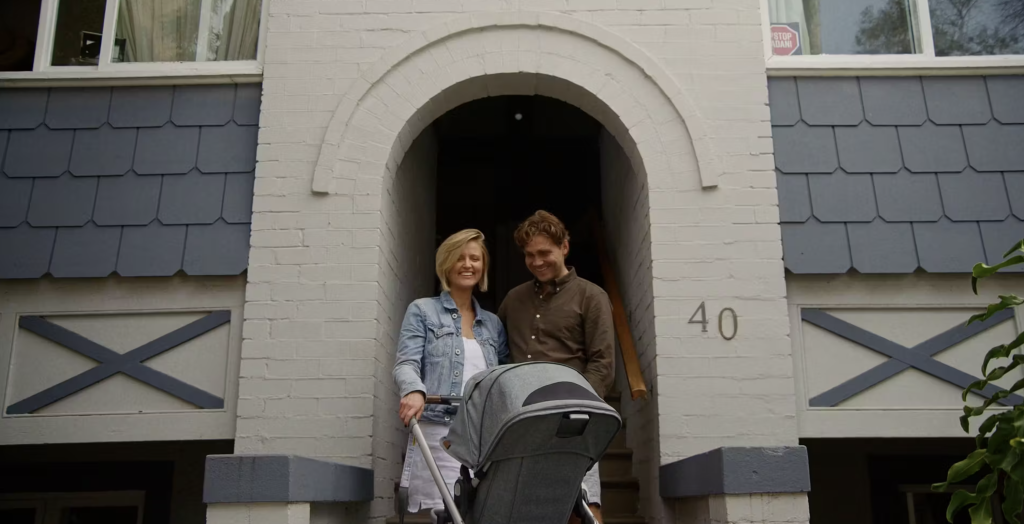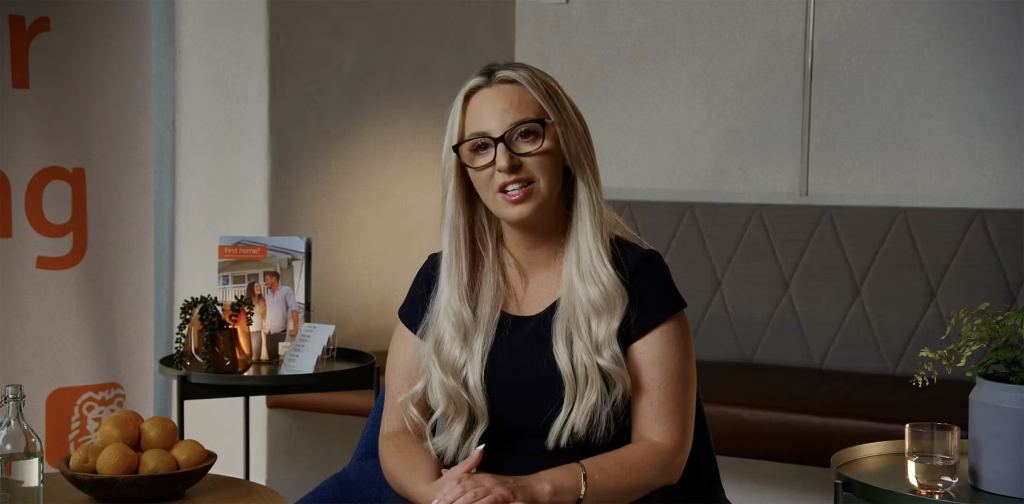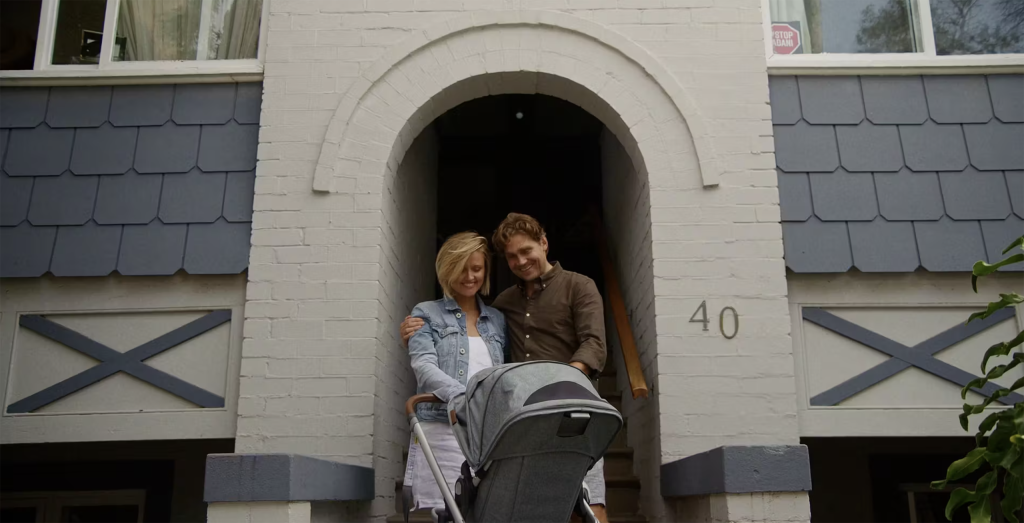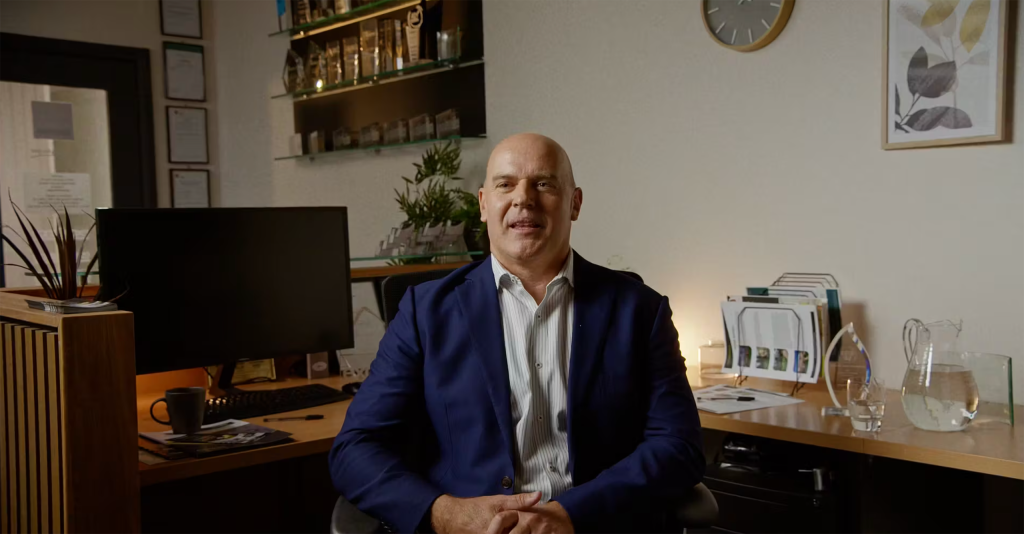New house, new budget: how I managed my money after I moved into my first home

So, you’re putting in the hard yards to save for your first house. Once you’ve got it, you’ll be able to get flexy with your financials, right? Not soooo fast. A new house can mean a new lifestyle, and it might call for a new money mindset, too. Things can change, but how much things will change is a little unknown. One thing thats almost certain: you’ll be moving from saving for one big thing (your home deposit) to regularly paying for your home loan. We interviewed a first home buyer who has been there and done that. Here, Sophie tells us how her life changed when she moved in and how, in small but important ways, her budget changed with it to keep her doing what she loves.
Hi, Sophie! Tell us a bit about your first home.
We bought a two-bedroom apartment. It’s north facing and drenched in sunlight, and it has a beautiful wraparound balcony. For me, my number one priority was for it to be north facing, for the natural light. For my husband, Tim, he wanted a decent balcony. Lucky for us, we were both able to get the things we wanted.
Describe your budget and lifestyle while you were saving for your first home.
I was really fortunate to go on this journey with Tim. It was great to have someone else to bounce ideas off. While we were saving our deposit, we had automatic monthly transfers going directly into our savings account from the account our salaries went into. We also trialled variations of the amounts in our budget to find what that sweet spot was. So, we would start at a particular number that we thought was comfortable to put away, but then we’d experiment a little. It was always surprising to realise we could save more.
From a lifestyle point of view, we made a small sacrifice to make it happen. We moved in with Mum and Dad to try and maximise savings for a short amount of time. It was definitely a lifestyle change, but it felt worth it. The pros outweighed the cons. When you’re a teenager, you get asked the question, “Are you going to be home for dinner?” And it’s annoying. But as a 20-something-year-old, you’re like, “Yeah, I’ll be home. I would love for you to make me dinner. Great!”
And how about now, now that you’ve shipped off your deposit and have a home loan?
We have continued the automated monthly transfers to our savings account, but we’re also using an offset account to pay less interest. So, we’re making sure we’re not only thinking about the now, but we’re also thinking about the future. We remain committed to savings. Once it goes in, it doesn’t come out.
We’ve found it surprising that we didn’t really need to sacrifice our social life, the thing that is most important to us, to make ends meet. A lot of people might think, “Once I get that home loan, I’m really going to have to cut back.” What we realised is that once you’re in the rhythm of your home loan, you don’t need to. You simply have to work out what’s important for you and adjust a little. I thought I’d be sacrificing more.
In what ways did your money mindset change through the home-buying journey? Do you think differently now?
I worked out you can always make it work. You might need to stretch at times, but as long as you strike a balance between savings and spending, you’re all good. And ultimately, you’ve got a good debt, as far as debts go. There’s this idea that when you’ve got a home loan, it equals debt for the next 30 years of your life, but ultimately, hey, it’s good debt. A home is something to your name that you should be super-duper proud of and that will hopefully grow in value. In the end, it was great learning that it’s a bit of a juggling game, and you can always make it work.
Can you tell us about your budgeting nitty-gritty? What were your budgeting techniques like before you bought your home? And how about now?
The nitty-gritty has stayed basically the same. To determine our budget while we were saving for our deposit, we first wrote down our combined salary. From there we looked at fixed expenses, monthly things like health insurance, car insurance, phone bills. Then we added our variable expenses, like entertainment and dining out. That showed us what was left over to go into our savings. Based on that number, we then made some changes to our variable expenses to reach our savings goal faster, if we could. It helped us set expectations. We said, “All right, if we save X amount per month, that will take us X months to get to our goal. But if we save Y amount, we might be able to hit that in 18 months.” It gave us something quite tangible to aim for. It’s a similar story now. Where once we may have saved towards a big holiday, now it goes to a home loan repayment instead. And that’s great, because that’s where we are at in life. We still save a little for holidays, but they’re not quite as extravagant as they used to be.
Have you been able to keep doing what you love, now that you’re in your new home? And what are you two looking to do next?
We have, but it’s been almost like subbing out one thing for another, at times. Once we’d purchased, we started to ask ourselves, “What does an ideal wedding day look like?” From there, we worked out that we’ve got a specific period of time to pay for all of these different things. So we needed to look at how we’re going to make that work, and how do we make that fit with our home loan repayments as well. It came back to tinkering with those variable expenses. It was really about taking a little bit from here and there, substituting versus completely removing certain things. So, it may be that I used to buy breakfast five days a week. Now, it’s not that I can’t have it at all, I’m just going to get it two days a week.
As for what’s next, my priorities have shifted to the next goal. We’d really like to get married. We’d really like to have a wedding. And weddings aren’t cheap. We thought, “Okay, well, we’ll do a wedding.” And then we’re like, “Okay, well, we then want to have a holiday.” And then, “Okay, well, longer-term, what would our next property look like?” So, I suppose our financial priorities have changed from focusing on ‘let’s buy before we get married, get that good debt and asset’ to ‘let’s save for the next big life goal’.
Sophie’s top three tips for managing your money after buying your first home
- After purchasing, before making any other life and money moves, give yourself a few months to settle in to paying your home loan so you get used to these extra repayments.
- You don’t have to sacrifice your social life to make ends meet. Work out what’s important to you, and look for other areas to cut back on spending.
- Remember that everyone’s different and everyone has different priorities. Do what works for you.
Important information
Any advice in this article does not take into account your objectives, financial situation or needs, and you should consider whether it is appropriate for you. Before making a decision in relation to our home loan products, you should read the Terms and Conditions booklet and Fees and Limits schedule, available at ing.com.au or by calling 133 464. All applications for credit are subject to ING’s credit approval criteria. Fees and charges apply. ING is a business name of ING Bank (Australia) Limited ABN 24 000 893 292, AFSL and Australian Credit Licence 229823.
Did you find this page helpful?
You might be interested
So you bought a house! Here are some tips for moving in
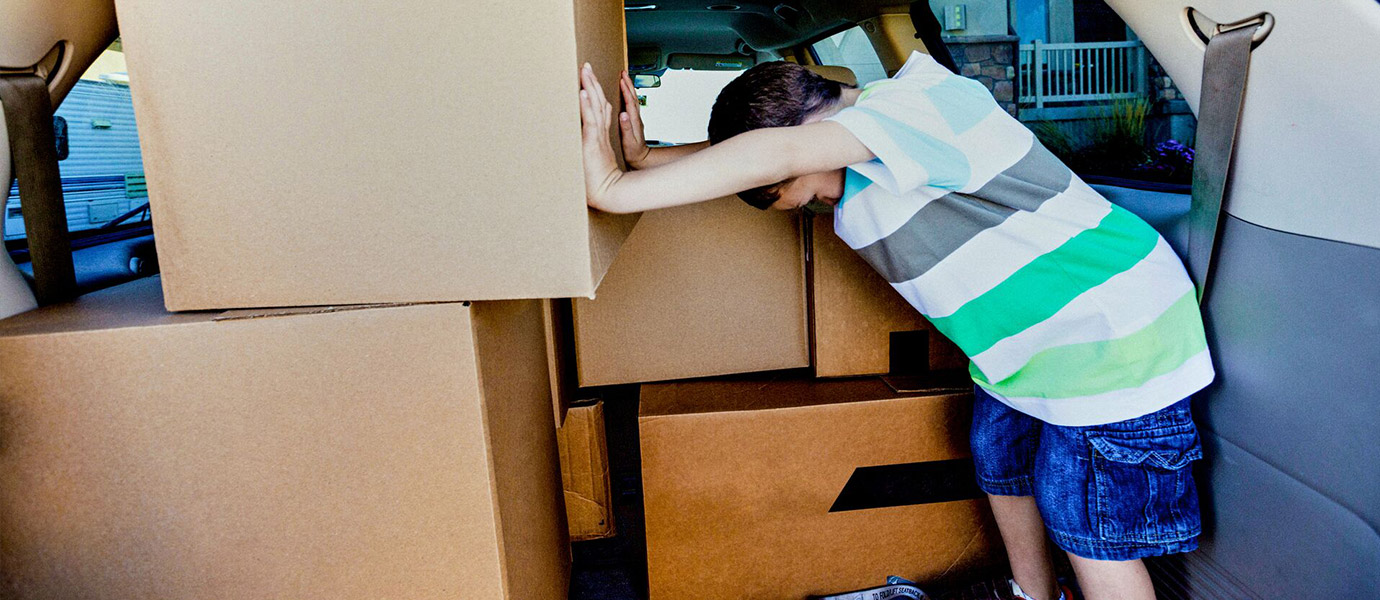
You did it! Congrats! Now, just a heads-up: the weeks between finding The One and actually moving in can be a blur. In the flurry of getting your finances in order as you head towards settlement, the practical steps of moving house might take a bit of a back seat. There’s a bit to do: repairs, changing addresses, dealing with your furniture (nothing worse than a couch that won’t fit) and then some. To help you leave nothing behind (including the keys to your new front door), we’ve put together a short guide on what to do in the weeks leading up to moving into your first home.
Three to four weeks before moving
Now is a good time to start laying the groundwork for the big day. A good place to start is by sorting through your belongings – you’re bound to find a few things that no longer ‘spark joy’. Host a garage sale, or donate or throw away any items that you don’t want to bring to your new home. Organising your belongings now will make it easier to pack up later. Next, book your removal company and start gathering packing materials like boxes, tape and labels. Make sure you redirect your mail, too. Now is also a good time to get on top of any repairs or maintenance. You don’t want to be stuck doing a rush-job in the final moments of moving out.
Two weeks before moving
With two weeks to go it’s time to get down to the finer details. Settling in will be a lot easier if your utilities are already set up, so start scheduling the disconnection of the old and connection of the new. Make sure it’s all covered: gas, electricity, water, phone and internet.
Next, spend an afternoon updating your contact details with your employer, the tax department, electoral commission and any service providers. Don’t forget your driver’s licence, and your bank, GP, dentist, lawyer, accountant and insurance companies. Be sure to discontinue or redirect any delivery services, automated payment plans or local memberships, like your gym if you’ve moved out of range and won’t be using them anymore. If you have pets, update or change their registration with your council.
Now is a good time to book professional cleaners so you can leave your old home in tip-top shape. And don’t leave packing too late. It’s time to start now. Go for your non-essential items first, those things you rarely use – you probably don’t want to unpack your kettle every day for the next two weeks. Also, store any valuable items, like jewellery and legal documents, together in a safe place so you can keep track of them. Don’t forget, this is a fresh start so only take with you what you love. If you won’t miss it, recycle or donate it.
One week out
You’re in the home stretch. It’s time to get your ducks in a row. Start by writing an action plan for moving day. If you decided to head down the route of using a removalist, call ahead and confirm all the details. If you can, arrange time off work so you can oversee the move.
Keep chipping away at your packing: it might be worth disassembling all your non-essential furniture, like desks and bookshelves (and tidy as you go, as it will help you feel less chaotic). Also, have a look at the floorplan of your new house and plan where your existing furniture will go. This can help you avoid lugging a couch that won’t fit and shuffling furniture around and around once you’ve moved in.
Moving day
How exciting! Start by checking (and checking again). Are all your belongings packed? Have you recycled what you no longer need or love? Is your furniture disassembled? Boy, it better be. Are your boxes stacked and ready to go? Make sure you’re on the same page with your movers – what time are they coming, again? Then, do one last sweep – it might be hard to not get teary here. Finally, lock the windows and doors and turn off all the lights. And then… close the door. Breathe out. You’re ready for a new chapter.
At your new house, check all the utilities are working. You’ll know pretty quickly if the electricity hasn’t been connected. Then start settling in by unpacking some essentials and favourite things.
Over the next few weeks, as you unpack more and get familiar with how you live in your new home, make an inventory of what else you need to get. Do you need a new couch to suit your new living space? Thinking that room would look great with a rug? The choice is all yours! Phew, you did it. Enjoy this time. Oh and, finally, say hello to your new neighbours.
Important information
Any advice in this article does not take into account your objectives, financial situation or needs, and you should consider whether it is appropriate for you. Before making a decision in relation to our home loan products, you should read the Terms and Conditions booklet and Fees and Limits schedule, available at ing.com.au or by calling 133 464. All applications for credit are subject to ING’s credit approval criteria. Fees and charges apply. ING is a business name of ING Bank (Australia) Limited ABN 24 000 893 292, AFSL and Australian Credit Licence 229823.
